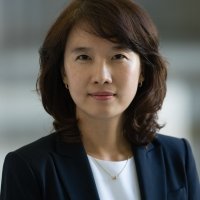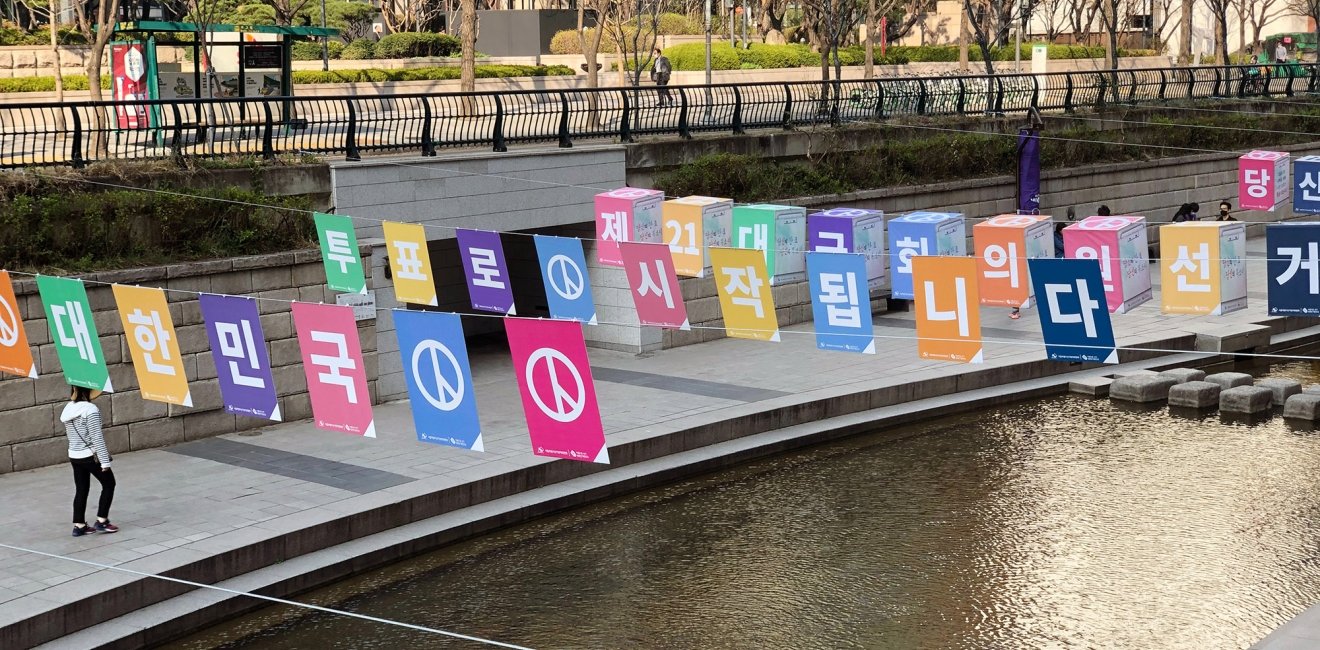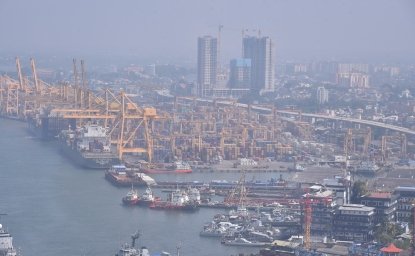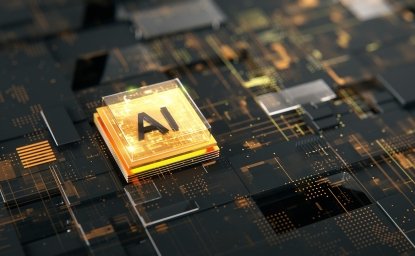
A blog of the Indo-Pacific Program
Come April 15, South Koreans will head to the polls amid COVID-19 to elect 300 members of the National Assembly. Held just weeks before President Moon Jae-in’s three year anniversary of a single five-year term, the upcoming general elections, similar to midterms elections in the United States, can be characterized as one that will test public confidence in his leadership as well as determine the political makeup of the nation’s unicameral legislature for the next four years.
Party politics in South Korea even during “normal” times can be confusing, full of twists and turns with continuous splits and mergers rebranded under new party names and logos. This year’s legislative elections appear all the more convoluted, held under new regulations and unprecedented circumstances due to the coronavirus outbreak.
The impact of the coronavirus outbreak
The April elections will be largely dominated and affected by challenges that coronavirus poses: not only public opinion on how the Moon government is tackling the pandemic and mitigating its economic fallout, but also ensuring absentee voting for the quarantined, early voting to increase voter turnout, and sanitizing thousands of voting stations to prevent them from becoming new vectors of the virus. Unlike past general elections in which presidential approval ratings plunged during an outbreak of Middle East Respiratory Syndrome (MERS) in 2015, President Moon’s approval rating rose to nearly 55 percent recently, a 16-month high on the back of the flattening curve of the coronavirus.
Though initially criticized for not closing its borders to China, South Korea’s aggressive and innovative approach in containing the virus has won much praise at home and abroad. Yet, how the government successfully addresses economic woes with effective measures and timely assistance for those in need could help further boost or sway South Korean voters, with growing moderates surveyed at some 27 percent.
Party politics: emergence of satellite parties
A new phenomenon in this year’s parliamentary elections under the electoral reform bill is the cropping up of satellite parties from the ruling Democratic (currently holding 120 seats out of 300) and the main opposition United Future (92 seats) parties. Designed to better reflect the underrepresented vote and nurture minor parties, the newly introduced mixed proportional representation system has complicated the forecast on the election results. (A record 35 parties are competing for representational seats and the ballots will have to be hand-counted since the 19-inch long ballot cannot be read by tally machines.)
With votes split among dozens of parties, Moon’s ruling Democratic Party is stumping for support to win the majority, combined with seats won by its partner satellite party, in the National Assembly to continue its work and overcome the crisis. While preliminary surveys show a likely win for the governing Democratic party, without securing ample seats over the main opposition United Front and its satellite party, the remaining two years of Moon’s presidency could be an uphill battle to carry out his agenda: raising the minimum wage, resuscitating the nation’s faltering growth via an income-led economy, creating more jobs for unemployed 20- and 30-somethings, and seeking re-engagement with North Korea, among others.
The main conservative United Front Party is vowing to conduct major overhauls of fiscal regulation by lowering the corporate tax, and is pushing for a more stringent North Korea policy, scrapping the Comprehensive Military Agreement signed during an inter-Korean summit in Pyongyang in 2018.
North Korean defectors seeking a political platform and presence
For the first time since the Korean War, North Korean defectors living in the South have formed a political party of their own. Aiming to establish a platform in the legislature for some 33,000 defectors and to promote liberalization and democratization of North Korea, the South-North Unification Party is taking the initiative to assert their presence and demands for themselves.
With the vast majority of the defectors living in the margins of the capitalist South, socially and economically, the launch of this political party reflects their dissatisfaction as second-tier citizens as well as an awareness of the need to consolidate as a political entity.
What’s even more noteworthy, senior ex-North Korean diplomat Thae Yong-ho is running for a seat in Seoul’s most affluent area in Gangnam. Under the main conservative party ticket in the traditionally right-leaning district, it’s likely Thae could become the first North Korean defector-turned lawmaker voted directly by the constituents.
Such a feat would bear much significance in a number of aspects: Thae’s election would mean a symbolic acceptance of North Korean defectors in mainstream South Korean society. It could also serve as a sign of hope for many North Koreans both in the South and the North. For the North Korean regime, which recently criticized Seoul for allowing what it calls “traitors” to bid freely in politics, defectors gaining a bigger foothold in the South Korean system would be worrisome as it would not only negate its propaganda but instill ideas in North Korean elites that they, too, may have a chance outside their privileged city of Pyongyang. Ji Seong-ho, another North Korean defector-turned-human rights activist who was invited to President Trump’s State of the Union address in 2018, was nominated as a proportional representative for the main opposition United Front’s satellite party, the Future Korea Party.
Independents and moderates will play a key role
Many experts and observers of South Korean politics describe the upcoming elections as extraordinary and unpredictable due to an unprecedented pandemic that has engulfed public attention and news coverage. With diminished public interest and discussion on serious policy propositions, political factions are resorting to rough talk and political maneuvering that speak largely to their political bases.
As the polarization between the progressives and conservatives has intensified by party affiliation, surveys suggest that independents and the undecided — who account for more than a quarter of the voters — could determine how much power Moon has to carry out his platform in the remaining two years of his presidency.
Yet, while how the independents and the undecided vote on the election day could tip the balance, observers say the growing apathy, if not resentment, in politics among these swing voters could result in their abstention. Then, the real variable in this year’s general elections could be the voter turnout among the moderates.
In the absence of sound debate on policy directions and vision for the future, not to mention the crippled operations of political machination distorting the new electoral reform bill, many South Koreans have become increasingly skeptical whether the country’s politics and new electoral system can embody the general public sentiment, and not only of those political enthusiasts.
Regardless, the results of the referendum, reflected in the allocation of parliamentary seats in the legislative body, would also serve as a harbinger of which party, and which leaders we can expect to emerge as front-runners when presidential elections are held in two years. The balance of power at the National Assembly could signal a tilt toward a possible change of hands in the government after only five years, or continuation with the country’s tradition of ten year administration by the camp already in power.
Soojin Park is a Public Policy Fellow in residence at the Woodrow Wilson Center’s History and Public Policy Program and Asia Program. Park served as Deputy Spokesperson for the Ministry of Unification in the South Korean government and was a journalist in Korea’s television network.
The views expressed are the author's alone, and do not represent the views of the U.S. Government or the Wilson Center. Copyright 2020, Asia Program. All rights reserved.
Author

Former Deputy Spokesperson, Ministry of Unification, Republic of Korea.

Indo-Pacific Program
The Indo-Pacific Program promotes policy debate and intellectual discussions on US interests in the Asia-Pacific as well as political, economic, security, and social issues relating to the world’s most populous and economically dynamic region. Read more


Hyundai Motor-Korea Foundation Center for Korean History and Public Policy
The Center for Korean History and Public Policy was established in 2015 with the generous support of the Hyundai Motor Company and the Korea Foundation to provide a coherent, long-term platform for improving historical understanding of Korea and informing the public policy debate on the Korean peninsula in the United States and beyond. Read more





